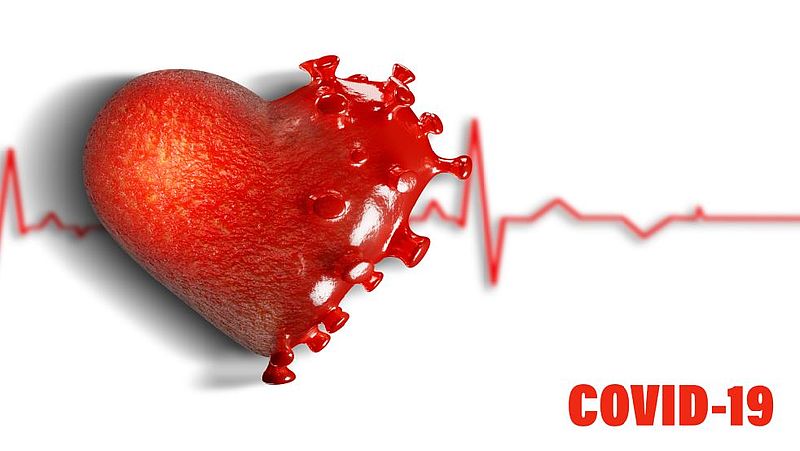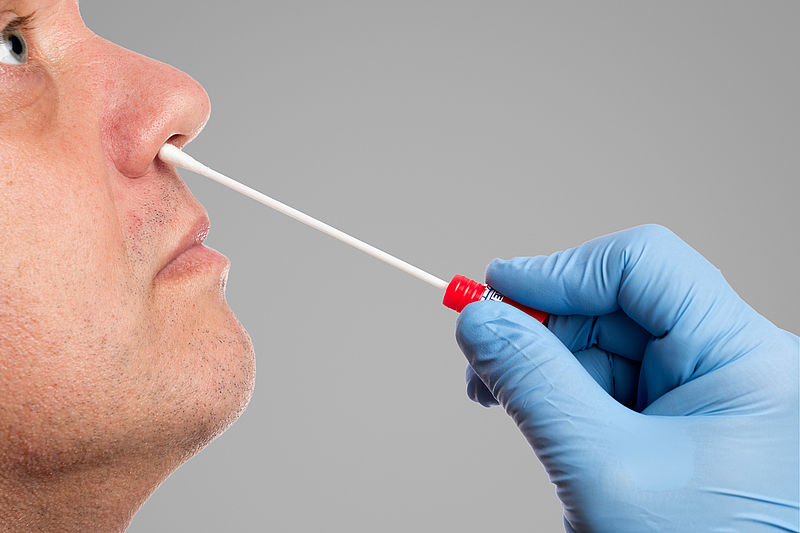Of 100 patients identified by a regional German COVID-19 Test Centre in Hesse, 78 had abnormalities of the heart, 60 of whom showed signs of cardiac muscle inflammation. The heart changes occurred independently of the severity of COVID-19 disease and the patients' previous illnesses. The average age of the patients was 49 years.
These are the main conclusions of the authors:
First, since a persistent inflammation in the heart muscle still exists weeks after the patients' recovery from COVID-19 infection, we must expect a significant increase in heart failure in a few years.
Secondly, early diagnosis is important because early treatment can reduce or even stop severe inflammatory damage. To prove this, we urgently need clinical studies.
Thirdly, it is essential to use magnetic resonance imaging of the heart as the diagnostic method of choice, because not every diagnostic method is sensitive enough to detect myocardial inflammation. Furthermore, standardised and validated imaging methods (such as the Goethe-CVI® approaches) must be used. Not every routine heart MRI examination can do this.
Finally, MRI equipment should be made available for cardiac indications because it is essential to know what happens to the heart for the prognosis.
Original work: Puntmann et al: Outcomes of Cardiovascular Magnetic Resonance Imaging in Patients Recently Recovered From Coronavirus Disease 2019 (COVID-19). JAMA Cardiol. Published online July 27, 2020. doi:10.1001/jamacardio.2020.3557
The study was widely covered in the media:
https://www.nytimes.com/reuters/2020/07/27/world/asia/27reuters-health-coronavirus-science.html


